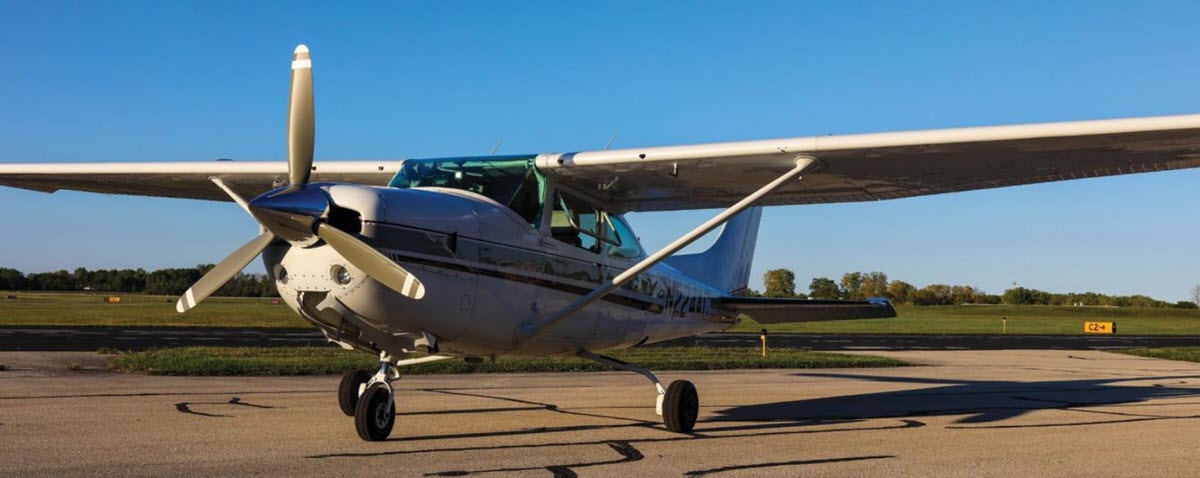Essential Maintenance Tips for Cessna Airplane Owners
Owning a Cessna airplane is a rewarding experience, offering the freedom of the skies and the joy of flight. However, with this privilege comes the responsibility of regular and thorough maintenance to ensure safety and optimal performance. Whether you’re a seasoned pilot or a new owner, understanding the essentials of airplane upkeep is crucial. This article provides a comprehensive guide to maintaining your Cessna aircraft, ensuring it remains in top condition year-round.
Top Maintenance Tips for Cessna Airplane Owners

Regular inspections are the cornerstone of airplane maintenance, and Cessna owners should prioritize them to ensure safety and longevity. The FAA mandates annual inspections, but more frequent checks are recommended, especially if the aircraft is flown often or under challenging conditions. During these inspections, it’s vital to examine critical components such as the engine, airframe, avionics, and control surfaces. Addressing any wear and tear promptly can prevent minor issues from escalating into significant, costly problems.
Keeping a detailed maintenance log is another essential tip for Cessna owners. This log should include all inspections, repairs, and modifications performed on the aircraft. Not only is this documentation a regulatory requirement, but it also provides a comprehensive history of the airplane’s condition and maintenance activities. A well-maintained log can also be invaluable when troubleshooting issues or planning future maintenance, and it can significantly enhance the aircraft’s resale value.
Investing in quality parts and professional service cannot be overstated when it comes to aircraft maintenance. Using genuine parts ensures compatibility and reliability, reducing the risk of malfunctions. Moreover, entrusting your Cessna to certified mechanics guarantees that the work is performed to the highest standards. Regularly updating avionics and other systems is also advisable, as technological advancements can enhance safety and efficiency. Building a relationship with a trusted service provider can facilitate smoother maintenance experiences and expert advice tailored to your aircraft’s specific needs.
Keep Your Cessna in Peak Condition Year-Round

Seasonal changes bring unique challenges to aircraft maintenance, making it essential to adapt your care routine accordingly. In colder months, de-icing procedures become crucial to prevent dangerous ice buildup on the wings and control surfaces. Ensuring that your Cessna’s battery is in good health and properly charged can prevent cold weather-related starting issues. Additionally, using oil suited for low temperatures can protect the engine and enhance performance during winter operations.
During the warmer months, Cessna owners should focus on preventing overheating and managing the impacts of sun exposure. Regularly check and maintain cooling systems to avoid engine temperature spikes, which can be detrimental to performance and longevity. Protecting the aircraft’s exterior from UV damage is also important; using quality wax and covers can preserve both the aesthetic and structural integrity of the airframe. Furthermore, summer storms necessitate vigilance; ensuring the aircraft is securely tied down and stored properly can prevent wind-related damages.
Throughout the year, maintaining the interior of your Cessna is just as crucial as the exterior. Regularly clean and inspect the cockpit and cabin for signs of wear or damage. Pay special attention to the condition of the seats, controls, and avionics to ensure they are functioning correctly and comfortably. Updating navigation charts and avionics software can enhance operational safety and efficiency. By implementing a comprehensive year-round maintenance plan, Cessna owners can ensure their aircraft remains dependable and ready for flight.
Maintaining a Cessna airplane involves a commitment to regular inspections, quality parts, seasonal adjustments, and meticulous record-keeping. By adhering to these essential maintenance tips, owners can ensure their aircraft remains safe, efficient, and reliable. Keeping a Cessna in peak condition not only enhances the flight experience but also extends the lifespan of the aircraft, protecting the investment and ensuring many more hours of enjoyment in the skies.



